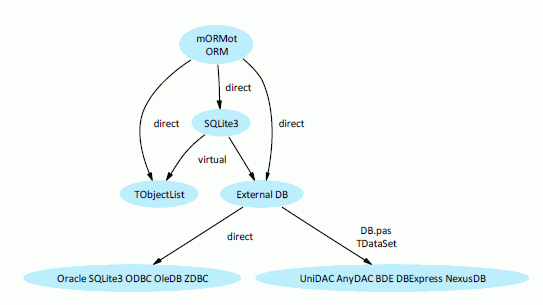We have reduced PDF generated file size for all version of the PDF format, by trimming any uneeded space in the generated content.

We introduced a new optional PDFGeneratePDF15File property for
even better compression, using advanced features (Object Streams and
Cross-Reference Streams) of the PDF 1.5 format.
This PDF 1.5 format needs Acrobot 6.0 and up to open them.
Which should be the case on your computer.
Can be up to 70% smaller for a pdf with a lot of pages with simple textual context.
I suspect our library is able to generate the smallest file size possible,
even in regard to other alternative libraries.
Open Source can be great, can't it?




